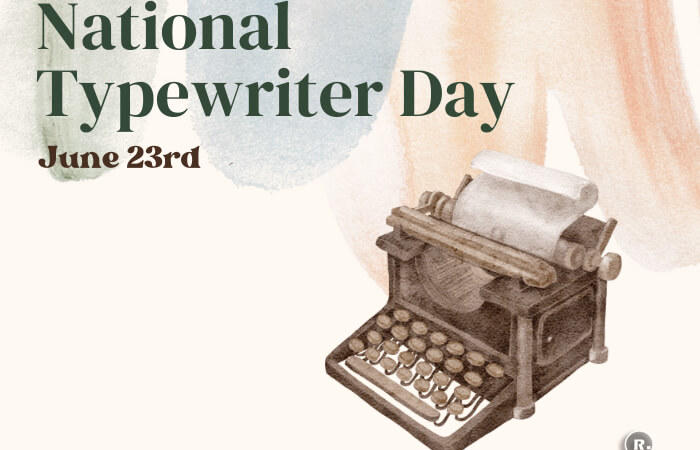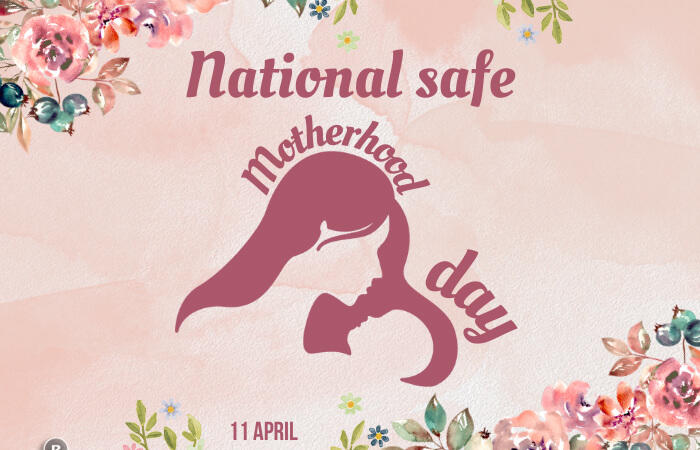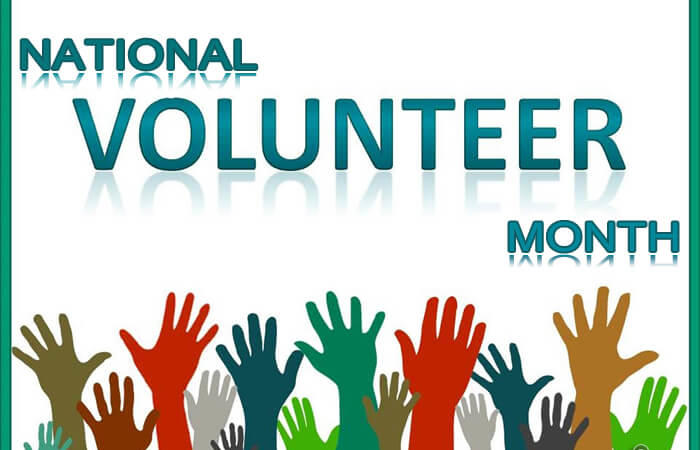3 Ways to Edit Anything You Write

Putting emotional distance between yourself and your work is a strategy that has definitely been mentioned before if you’re looking for ways to edit anything you’ve written. This enables you to identify uncomfortable terminology, superfluous phrasing, or outright mistakes. However, you must set it aside and give it some time to simmer before you can edit harshly. Here are 3 strategies for making the most of the editing process.
Avoiding cliches
Cliches should not be used. Overused, worn-out, or just ineffective are the first words that come to mind. They give your writing a stale, monotonous tone. By going beyond your current topic and avoiding overly generic terms, cliches can be avoided. You can omit facts and substitute more precise examples in their place. Clichés should also be avoided when writing academic papers. Avoid using the same term or phrase more than once, along with proper punctuation and spelling.
Cliches are overused words and expressions that have been rendered meaningless. They contain both modern and historical words and phrases. Even jargon can become cliche since it is frequently used as filler or to sound significant but has no real significance. Clichés have a bad impact on both your voice and writing. Therefore, refrain from employing them in your work.
Some cliches are terribly insipid, yet others are acceptable and can even be helpful when expressing ideas. Cliches are hard to avoid completely, but some of them are necessary for writing. The secret is to employ them selectively and only when necessary while writing an essay or other paper. Your chances of having your work viewed widely will increase if you can completely avoid them. And don’t forget to include comedy if you’re writing a novel!
When writing about your protagonist, the third-person point of view is useful. From a third-person viewpoint, it is considerably simpler to explain every character and their experiences. Your protagonist may come out as conceited if you use mirrors and reflections; this will probably turn the reader off. They also give off the impression that you are lazy, which makes for a weak story. A third-person point of view is another technique for writing without utilizing clichés.
Checking the lengths of your paragraphs
You could be wondering how long your paragraphs should be if you’ve been having trouble with your writing. You can determine the ideal length of your paragraphs with a quick test. You’ll receive a green feedback bullet if they are less than 150 words. If they are more than 150 words, you’ll receive an orange feedback bullet and should think about cutting them down. 200 words or more will result in a red feedback bullet.
The genre in which a paragraph is written is one of several variables that affect its length. In contrast to a book, which might have several paragraphs of various lengths, a blog post might only have one paragraph that is three to four sentences long. You must be aware of the genre conventions for paragraph length in order to choose the appropriate length and write paper that suits the rules. While some genres demand that paragraphs have a set length, others welcome experimentation. If the reader cares about the length of your paragraphs, breaking them up into smaller ones will make them stronger.
A paragraph may contain six to seven sentences, depending on the situation. One key guideline is that a paragraph shouldn’t have more than 200 words. The difficulty of reading lengthy paragraphs is the main factor. Long paragraphs also make it more difficult to grasp them unless the audience is well knowledgeable. While a more knowledgeable audience is more tolerant, that does not imply that the length is always appropriate.
Suggested Read: How to write an informational essay
It’s crucial to pay special attention to the length of your paragraphs if you’re new to writing. When a paragraph is too lengthy, readers stop paying attention after the fourth or fifth sentence. If you see that your paragraphs are getting too long, immediately edit them. Any sentences that don’t advance the reading should be deleted. Make sure each paragraph only discusses one, compelling idea. If you’re having problems connecting sentences, you could want to rewrite your paragraphs.

Circle every punctuation mark
Many students just have a cursory or hazy understanding of how to correctly employ punctuation. Students are given information by teachers in little doses, yet this common knowledge is frequently wrong. It is explained to students that commas are used for brief pauses and periods are used to indicate the conclusion of a thought. However, these justifications don’t go into detail on how punctuation works. Students frequently overuse these punctuation marks in their writing and are left wondering how to do it better.
Punctuation, which employs certain symbols and rules, is an essential component of writing. Texts become easier to read as a result, and when characters speak, it also adds expressiveness and changes the viewpoint. Here are some useful hints if you wish to understand more about the subtleties of punctuation. To ensure correctness, try reading your work aloud. You should be mindful of your usage of commas and periods in addition to your choice of words.
Suggested Read: Using Content Without Consent Is Illegal






